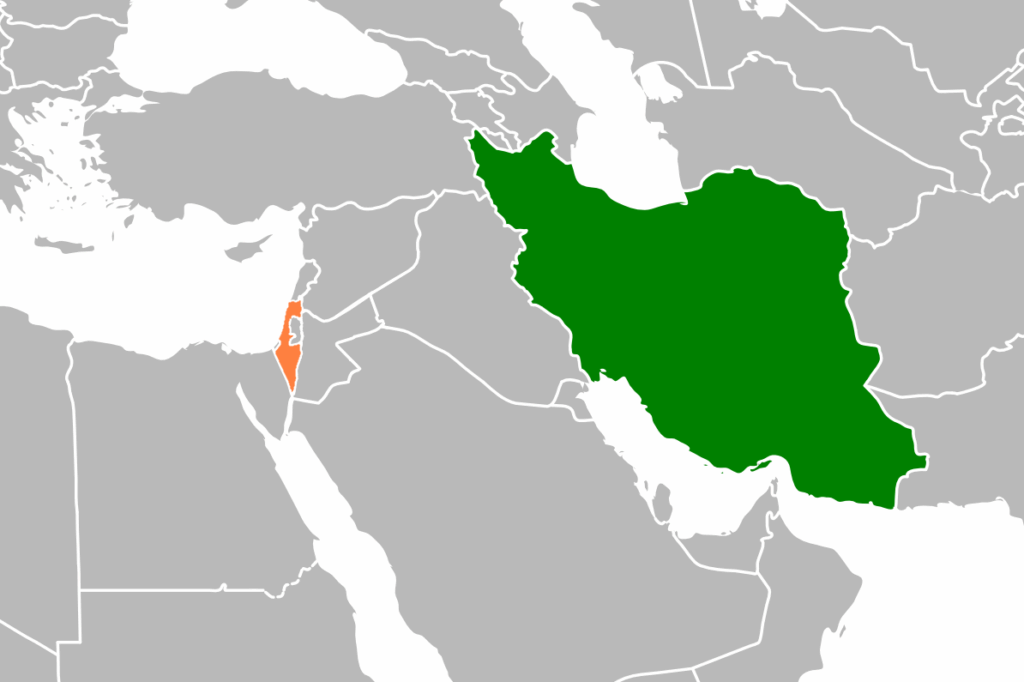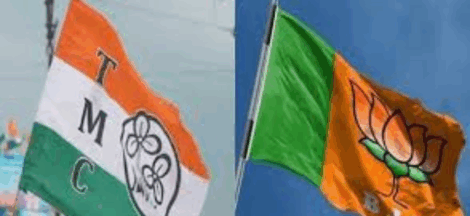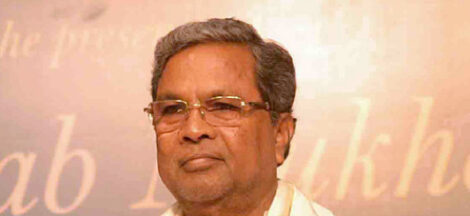Leaders of the G7 today affirmed Israel’s “right to defend itself” amid soaring hostilities between Israel and Iran, during the summit in Kananaskis, Canada. In a concise but firm statement, they condemned Tehran as a primary threat to regional stability, demanded Iran be barred from obtaining nuclear weapons, and urged a broader de-escalation of violence—including a ceasefire in Gaza.
At the summit, Canadian Prime Minister Mark Carney introduced the motion, later adopted with US President Donald Trump’s reluctant support, to formally acknowledge Israel’s right to act in self-defence. The final statement reads: “We affirm that Israel has a right to defend itself. We reiterate our support for the security of Israel.” It also underscored the imperative of civilian protection and readiness to coordinate for energy market stability.
The diplomatic effort unfolded as Israel intensified its strategic air strikes against Iranian military targets, including state media installations in Tehran. Iranian officials report over 220 civilian casualties, while Israel attributes 24 civilian deaths to Iranian missile attacks. Iran maintains its strikes are driven by self-defence and denies pursuing nuclear weapons, citing its membership in the Nuclear Non‑Proliferation Treaty.
President Trump cut short his participation in the G7 summit, returning to Washington after over 60 hours, to lead US responses to the unfolding crisis. While he claimed no intention to broker a ceasefire, he did acknowledge signals from Tehran of openness to negotiations. His departure sparked sharp criticism from France’s Emmanuel Macron, who had linked the drawdown to emerging ceasefire discussions.
European leaders, notably Macron and UK Prime Minister Keir Starmer, pressed for the declaration’s inclusion of a Middle East-wide de-escalation, including Gaza. They highlighted the G7’s dual role: ensuring Israel’s security while curbing further regional instability, and safeguarding vital global energy supplies.
The summit communiqué criticised Iran as “the principal source of regional instability and terror,” and resolutely declared: “Iran can never have a nuclear weapon”. This unified stance follows months of escalating proxy confrontations and heightened international concern over nuclear proliferation.
G7 leaders also committed to monitor the repercussions of the discord on global energy markets, expressing readiness to coordinate measures with “like‑minded partners” to uphold stability. Oil prices experienced brief surges following alerts about possible Iranian retaliation and evacuation orders in Tehran, which Trump echoed on social media.
Humanitarian appeals were woven throughout the statement, with emphasis on civilian protection and a ceasefire in Gaza. European leaders, supported by humanitarian organisations, warned of the precarious conditions in Gaza and urged restraint from all actors involved.
As G7 leaders departed Kananaskis, diplomatic efforts shifted from words to action. Macron suggested a ceasefire proposal had been tabled for Iran to enter into wider talks, though its terms remain undisclosed. US Secretary of State Marco Rubio was reported conducting high‑level consultations in Washington to coordinate policy response with G7 allies.
The G7 statement illustrates the group’s attempt to navigate a perilous diplomatic landscape: voicing support for Israel’s defensive measures while signalising a clear boundary against Iranian nuclear escalation and advocating for broader regional stability.




 Sarma Demands Evidence from Gogoi on Communal Unrest Claims
Sarma Demands Evidence from Gogoi on Communal Unrest Claims 